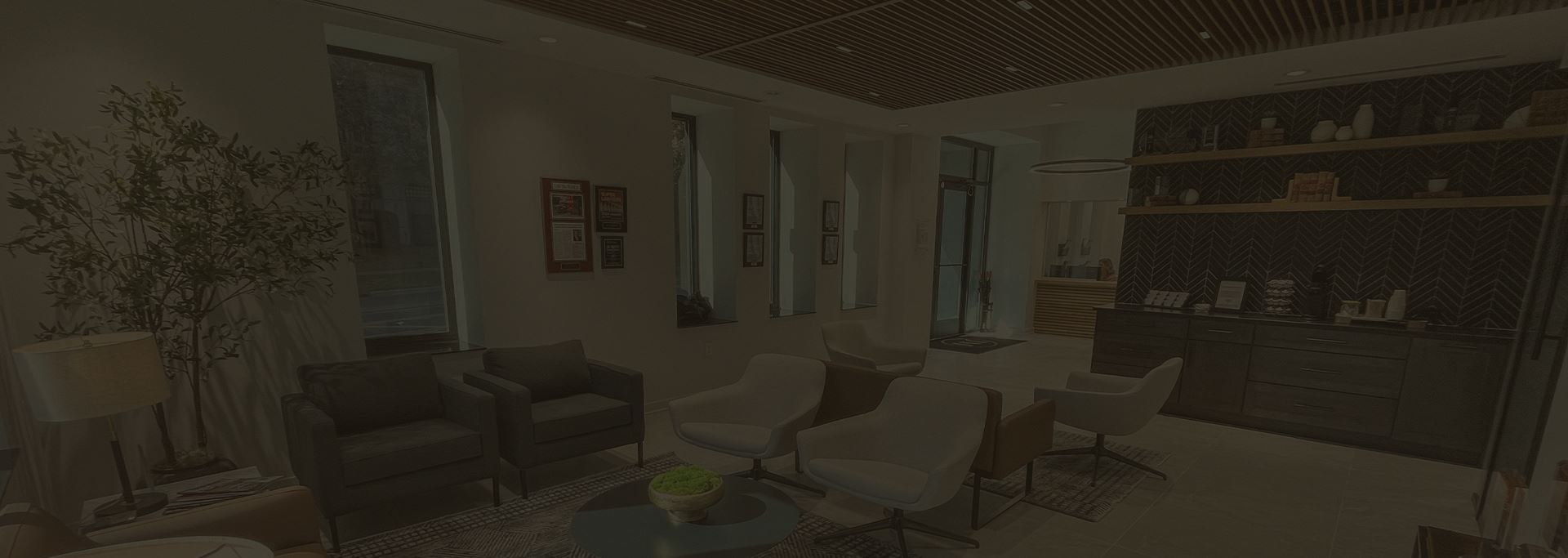
Charlotte Criminal Trespass Lawyer
Difference Between Trespassing and Criminal Trespassing in North Carolina
Trespassing is intentionally entering or remaining on another’s property without permission. Accidentally entering a property is not criminal intent, but if there is a “no trespassing” sign posted, you could still face criminal charges.
In North Carolina, criminal trespass laws are classified as either first- or second-degree trespass. First-degree trespass is entering or remaining in an enclosed, secured property that is intended to keep intruders out or in a building owned by another person. An individual may be charged with second-degree trespass for entering or remaining in a property when there is a “no trespassing” notice posted or remaining after being notified not to enter by the owner or occupant of the building.
Types of Trespassing Crimes in NC
- Burglary
- Trespassing
- Domestic criminal trespass
- Injury to personal property
- Misdemeanor breaking or entering
In North Carolina, the term trespassing carries several different connotations and possible repercussions. North Carolina differentiates between four different types of trespassing for the purposes of criminal actions. It is very important to know the differences and know the particulars of each. The main difference between each kind of trespassing is the severity of punishment for each. At Jetton & Meredith, our Charlotte trespassing attorneys represent clients accused of criminal trespass in Mecklenburg County.
If you have been accused of criminal trespass, contact us at (704) 931-5535 for a consultation with one of our Charlotte trespassing lawyers.
Second-Degree Trespassing in NC
Second-degree trespassing is the least severe kind. It is proven by showing that the person remained or entered into the premises without permission, after being told not to be there, or being reasonably warned that they would not have permission.
This can be broken down into three basic elements:
- Being present in an area
- After being reasonably warned (by signs for example) or personally told not to be there
- Without permission or other justification
Second-degree trespassing is punished as a class 3 misdemeanor, the lowest level available. For class 3 misdemeanors, only those offenders who have the highest level of the prior record is jail time even an option, while for first time offenders, the court may only levy a fine against them.
First-Degree Trespassing in NC
In NC, first-degree trespassing is proven if the government can show that without permission or justification, the defendant was:
- Present on the premises of another, so enclosed or secured as to clearly show the intent to keep out other people
- Present in the building of another
- Present on the lands of the people of the Eastern Band of Cherokee Indians after being excluded by resolution by the Tribal Council
First-degree trespassing is punished as a class 2 misdemeanor. It is important to note that while first-time offenders charged with this kind of trespassing cannot be sent to jail for an active sentence, they are not guaranteed to only receive a fine. For this class of misdemeanor, one may receive supervised probation, even for a first offense.
Misdemeanor Trespassing in NC
Misdemeanor trespassing in North Carolina is proven considering the same elements as first-degree trespassing, but the trespassing takes place at an electric facility, water treatment facility, natural gas facility, or certain types of agricultural facilities. This type of trespassing is punished as an A1 misdemeanor, meaning that even if it’s the first-offense, an active sentence is possible. Also, A1 misdemeanors cannot be expunged under current North Carolina law.
Felony Trespassing in NC
Felony trespassing is proven if the trespassing occurs in any of the facilities mentioned under the A1 misdemeanor section, but also with the intent to disrupt the operation of those facilities, or if the offense of trespassing placed the offender or anyone else at risk of serious bodily injury.
This, the most severe form of trespassing, carries a mandatory $1,000.00 fine, and is proven by showing one of three things:
- The person has re-entered the premises after the execution of a valid order or writ for possession.
- The offense occurred under color of the title where the defendant knowingly created or provided materially false evidence of possession.
- A second or subsequent offense involving the lands of the Eastern Band of Cherokee Indians.
Although first- and second-degree trespass are both misdemeanors, there are situations that can elevate the charges. In some situations, the charges can be elevated to a felony. It is in your best interests to avoid any criminal record. If you are facing criminal trespassing charges, our trespassing crimes lawyers in Charlotte can help you understand how the law applies to your situation.
Please contact us at (704) 931-5535 to discuss your case with one of our Charlotte trespassing attorneys.

Client Testimonials*
The Opinions that Matter Most
-
"Fabulous lawyer, highly recommend for any family law cases!!"Prompt, thorough, understanding and knowledgeable, are only a few of the adjectives that describe Jetton & Meredith. Fabulous lawyers, highly recommend for any family law cases!!- Former Client
-
"A True Professional"Eric Meredith represented me during what turned out to be a lengthy divorce settlement. During the first meeting, he fully explained the process ahead and answered all my questions and concerns. I still remember the feeling of relief after that meeting knowing I had a true professional in my corner. Eric, along with his Paralegal Julie, kept me updated along the way and were quick to respond with any additional issues. Not only did he call with any updates to the case, he also would ask how I was doing. I cannot recommend Eric at Jetton & Meredith enough.- Tim
-
"I highly recommend Mark should you ever need an attorney."I highly recommend Mark. I hired him to handle a simple assault charge that was filed against me. Mark handled it professionally and expeditiously. He explained each step in the process, and everything happened just as he described. He is exactly the type of lawyer you want representing you.- J&M Client
-
"Great service and very personal."Great service and very personal. Jetton & Meredith are very hardworking attorneys. I will recommend Jetton & Meredith to anyone in need.- Former Client
-
"I cannot stress enough how great the customer service was with Jetton & Meredith"I cannot stress enough how great the customer service was with Jetton & Meredith, with my case being a little more complicated I had the opportunity to work with both Mr. Jetton and Mr. Meredith. I can say they know their stuff, Mr. Jetton was able to get my case dismissed the first time we went to court, no questions asked. Working with Mr. Meredith was a longer process but he walked me through the steps and gave me realistic expectations of an outcome that he was able to provide just as he stated he would do. I couldn’t be more pleased with my decision to hire Jetton & Meredith as my attorneys, and I would highly recommend them to anyone in need of an attorney!- Former Client
-
"Far exceeded my expectations"This law office far exceeded my expectations. All options and possible outcomes were set before me from the start and everything was handled in a professional and timely manner. Not only will I use this law firm again, but I would also and have already recommended them to the people I care most for. Thank you for all you’ve done.- Former Client

Why Jetton & Meredith?
A Passionate Defense of Your Rights
-
Highly Respected within the Legal Community
-
Unwavering Dedication to Client Satisfaction
-
Decades of Combined Legal Experience
-
Well-Established Family Roots in Charlotte, NC
-
Consultations Available on Evenings & Weekends
-
Unique & Personalized Approach to Each Case
-
Proven Track Record of Successful* Case Results
-
Numerous Professional Awards & Recognitions





.2302101038402.png)








